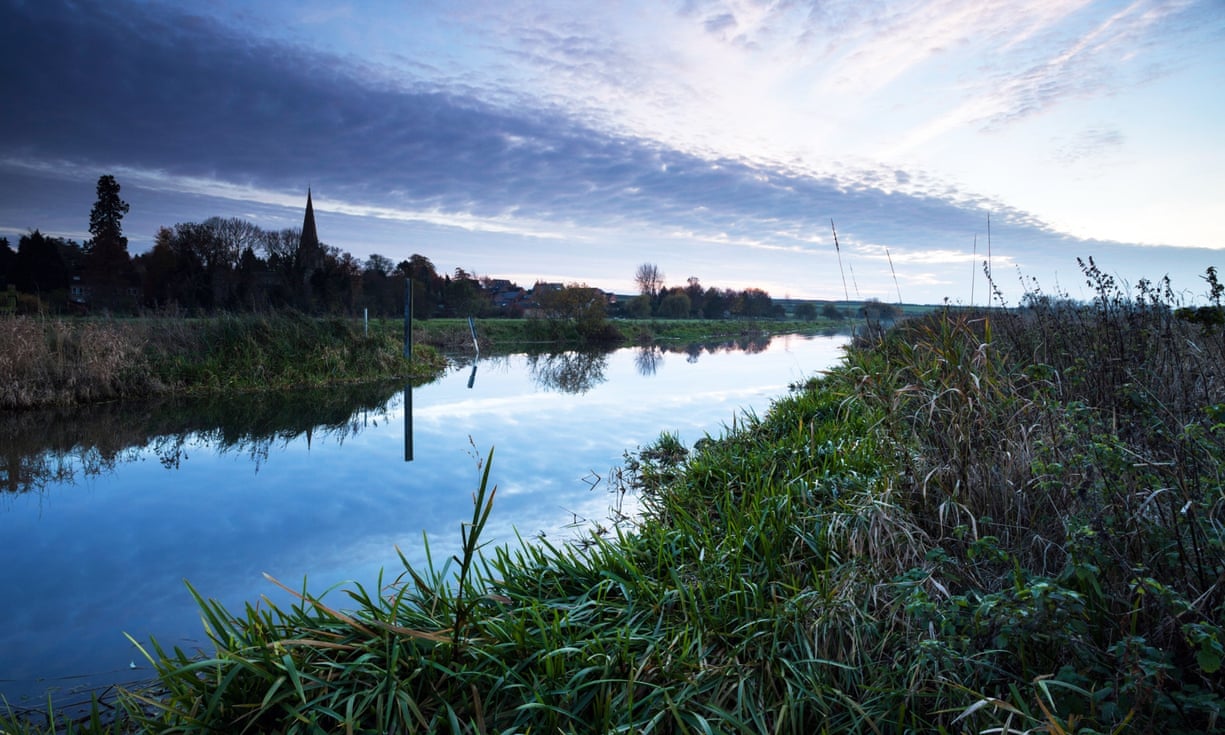Professor David (Barney) Lerner and his colleagues in both the University of Sheffield and the Friends of Bradford's Becks have come up with a wildly practical and cheap way to solve a notoriously difficult and expensive problem.
Put Simply, you take a tampon out of its packet, dip it into the stream (or leave it in there if the pollution is suspected to be intermittent). Then take it out and shine a UV torch onto it. The Optical Brighteners used in detergents will fluoresce under the "black light" and you can begin to track down the source of the misconnection.
Full stories are covered here: The Guardian
and here: Wired
The Friends of Bradford's Becks is a great role model for other "Trout in the Town" groups - and we were delighted to have Professor Lerner speaking at our last Urban Conclave (video below).
We are also happy to play a part in the restoration of habitat on the Bradford Beck itself (see here for a recent habitat Advisory Visit report in support of JBA Consulting's designs for habitat improvement options: http://www.wildtrout.org/av/bradford-beck-%E2%80%93-shipley
Professor Lerner on Restoring the Bradford Beck as a Catchment Restoration Pilot Scheme:
Restoring Bradford Beck from Paul Gaskell on Vimeo.

Comments